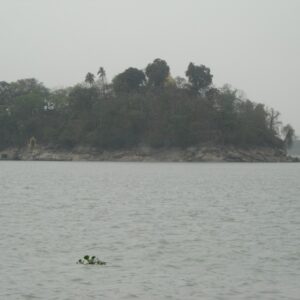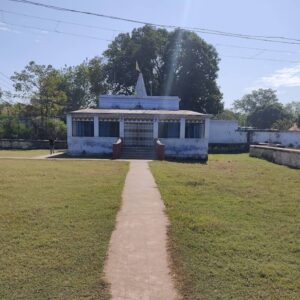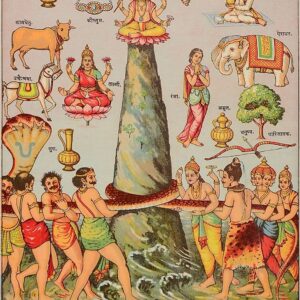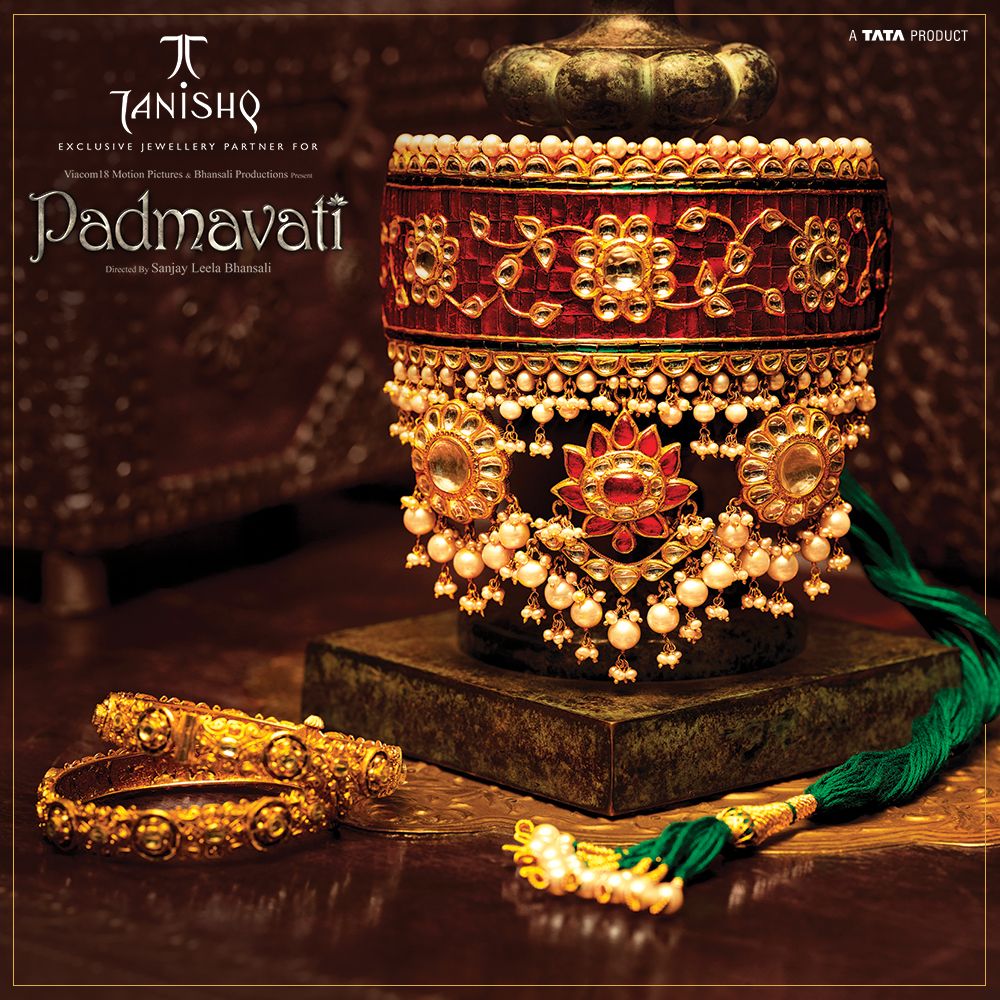Dhirajlal Hirachand Ambani (28 December 1932 – 6 July 2002) was an Indian businessman who founded Reliance Industries in 1958. Ambani took Reliance public in 1977. In 2016, he was honoured posthumously with the Padma Vibhushan, India’s second-highest civilian honour for his contributions to trade and industry. Ambani faced numerous accusations of market manipulation, tax evasion, and cronyism.
Early career
Dhirubhai Ambani was one of the sons of Hirachand Gordhanbhai Ambani, a village school teacher belonging to the Modh vaniya (Baniya) community and Jamnaben Ambani and was born in Chorwad, Malia Taluka, Junagadh district, Gujarat on 28 December 1932. He did his studies from Bahadur Khanji school. He left Aden in 1958 to try his hand at his own business in India in the textiles market. It is also said that he has worked at Petrol pump as a petrol vendor.
Founding of Reliance Industries
Ambani returned to India and started “Majin” in partnership with Champaklal Damani, his second cousin, who lived with him in Yemen. Majin was to import polyester yarn and export spices to Yemen.
The first office of the Reliance Commercial Corporation was set up at the Narsinatha Street in Masjid Bunder. It was a 350 sq ft (33 m2) room with a telephone, one table and three chairs. Initially, they had two assistants to help them with their business.
During this period, Ambani and his family stayed in a two-bedroom apartment at the Jai Hind Estate in Bhuleshwar, Mumbai. In 1965, Champaklal Damani and Dhirubhai Ambani ended their partnership and Ambani started on his own. It is believed that both had different temperaments and different takes on how to conduct business.
Controversies
Allegation of market manipulation
In 1988, Reliance Industries came up against a rights issue regarding partly convertible debentures. It was rumored that the company was making all efforts to ensure that their stock prices did not slide an inch. Sensing an opportunity, The Bear Cartel, a group of stock brokers from Calcutta, started to short sell the shares of Reliance. To counter this, a group of stock brokers until recently referred to as “Friends of Reliance” started to buy the short-sold shares of Reliance Industries on the Bombay Stock Exchange.
To find a solution to this situation, the Bombay Stock Exchange was closed for three business days. Authorities from the Bombay Stock Exchange (BSE) intervened in the matter and brought down the “Unbadla” rate to ₹ 2 with a stipulation that the Bear Cartel had to deliver the shares within the next few days. The Bear Cartel bought shares of Reliance from the market at higher price levels and it was also learnt that Dhirubhai Ambani himself supplied those shares to the Bear Cartel and earned a healthy profit out of The Bear Cartel’s adventure.
After this incident, many questions were raised by his detractors and the press. Not many people were able to understand how a yarn trader until a few years ago was able to get in such a huge amount of cash flow during a crisis period. The answer to this was provided by the then finance minister, Pranab Mukherjee in the Parliament. He informed the house that a Non-Resident Indian had invested up to ₹ 220 million in Reliance during 1982–83. These investments were routed through many companies like Crocodile, Lota and Fiasco. These companies were primarily registered in Isle of Man. All the promoters or owners of these companies had a common surname Shah. An investigation by the Reserve Bank of India in the incident did not find any unethical or illegal acts or transactions committed by Reliance or its promoters.
















Reviews
There are no reviews yet